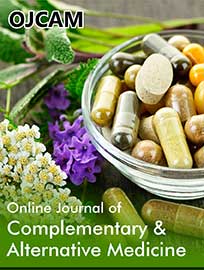 Opinion Article
Opinion Article
Protecting the Protectors: Supports for Fathers During the Transition to Parenthood
John R Holmberg1* and Carolyn J Dayton2
1The University of Denver, Graduate School of Professional Psychology, United States
2Wayne State University, Graduate School of Social Work, US
John Holmberg, The University of Denver, Graduate School of Professional Psychology, Denver, CO, United States.
Received Date:May 15, 2023; Published Date:June 15, 2023
Abstract
The power and possibilities of becoming a dad – for the first or the tenth time – are vast. Fatherhood influences every aspect of a man’s life across multiple life domains – biological, emotional, and social, just to name a few. Research has shown that men’s bodies and brains undergo important changes during the “perinatal period” or when the couple is expecting a baby and during the months following the birth [1]. Hormones shift across pregnancy and after birth, for example - testosterone, oxytocin, vasopressin, and cortisol [2]. These endocrine changes help fathers provide nurturing care to their infants. For instance, oxytocin is sometimes referred to as the “love hormone” and it increases for fathers as they care for their babies [3]. The changes don’t end there! When fathers spend time nurturing and caring for their infants the structure and complexity of their brains change in ways that support their continued attention to and bonding with their baby [4]. What’s more, this is not new news! Throughout the world many indigenous cultures have understood that fathers naturally undergo biological changes, including mood swings and weight gain, as they prepare for the birth of their baby [5]. Recent research is expanding our understanding of the nuances of these changes in men’s brains and in their bodies. Centuries-old knowledge and wisdom are the foundation from which we are now re-learning the impact of childbearing on the biology of men.
-
John R Holmberg* and Carolyn J Dayton. Protecting the Protectors: Supports for Fathers During the Transition to Parenthood. On J Complement & Alt Med. 8(4): 2023. OJCAM.MS.ID.000692.





